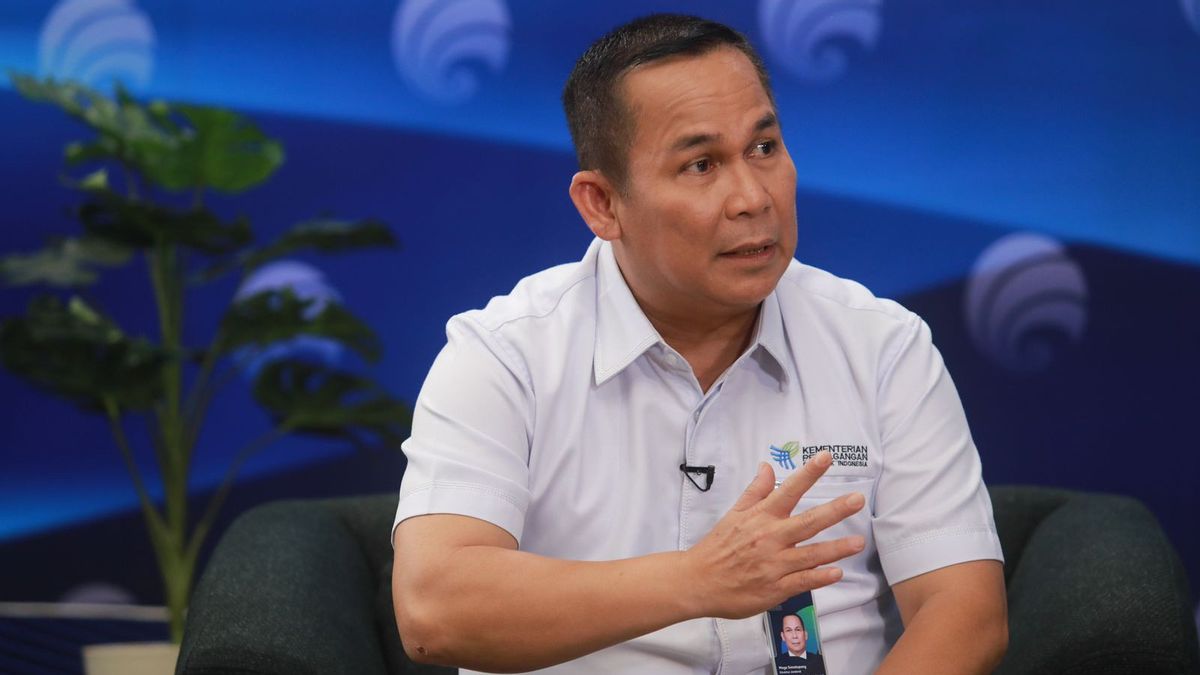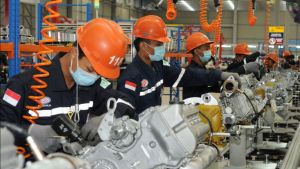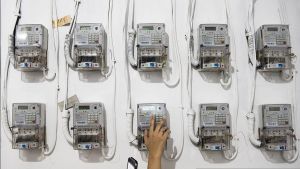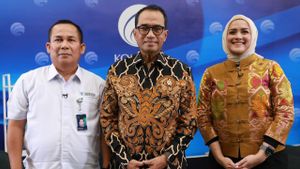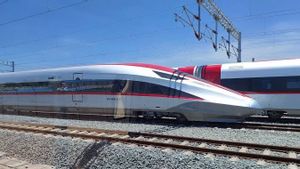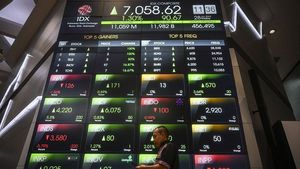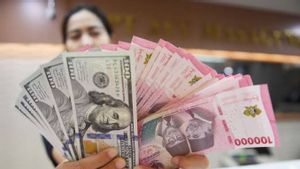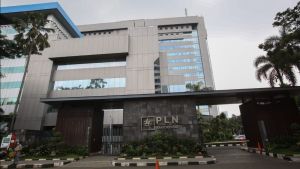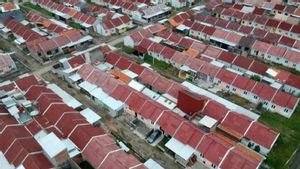JAKARTA - The Director General of Domestic Trade at the Indonesian Ministry of Trade, Moga Simatupang, explained that the government through the Ministry of Trade integrated the Sea Toll program with the Maritime Outlet Synergy (SIGM) program which includes the construction of depots in several regions as well as the implementation of business meeting activities involving business actors from various regions.
With the GISM, said Moga, the distribution of goods from producers to consumers is expected to run more efficiently.
SIGM ini ada pembangunan depot di satu daerah dan ada kegiatan temu bisnis daerah. Untuk meningkatkan produk UKM, kita sudah melakukan forum bisnis oleh Kamar Dagang dan Industri Daerah (Kadinda) di daerah. Kita menemukan pelaku usaha di daerah tertentu dan kita bertemu dengan pelaku usaha di daerah lain, ungkap Moga kepada wartawan, Senin, 30 September.
Moga said that the integration of the Sea Toll Road program with SIGM had a positive impact on the economy of the local community, as well as providing fairer access to basic commodities and other important goods.
According to him, the efficiency of the Sea Toll Road has helped stabilize prices in various regions by accelerating the flow of goods distribution.
"If we flashback, this Sea Toll Road is basically a presidential regulation, then we lower it to regulations at the Ministry of Trade. There are 11 basic commodities, 7 important ingredients, and 32 other items that are included in the regulation of the distribution of the Sea Toll," he said.
Moga explained that one of the main targets for the launch of the Sea Toll Road was to overcome price inequality in various parts of Indonesia.
In addition, Moga said, the positive effect of the decline in price disparities was felt more significantly in Eastern Indonesia, which has been facing greater logistical challenges compared to other regions.
Development of the Sea Toll Road based on variational coefficients as an indicator of inter-regional and inter-regional price disparities showing a significant decline. In 2015, the variational coefficient was recorded at 14.2 percent, while in 2024 it fell to 10.25 percent," he said.
Moga explained, in the last 10 years, the Sea Toll program has proven that the government's initiative to create economic equity can be realized with joint commitments from various parties.
According to Moga, the government will continue to evaluate and improve so that this program can provide maximum benefits for all Indonesian people.
Moga added that cross-institutional coordination is the main key to the success of the Sea Toll Road program in suppressing price disparities between regions.
"The government noted that since the implementation of this program, the average inflation is below the target," he said.
The decline in price disparities, he continued, shows the success of good coordination between institutions and the government's strong commitment to realizing economic justice for all Indonesian people.
SEE ALSO:
According to him, this success cannot be separated from the active roles of various parties, ranging from the central government, local governments, to business actors who use the Sea Toll Road for goods delivery.
"This is coordination between institutions, one of which is the local government. It depends on which local government, which product to market, both domestically and internationally," added Moga.
Moga conveyed that with good coordination between institutions and optimal use of the Sea Toll Road, the disparity of goods prices in various parts of Indonesia is expected to continue to decline.
"This efficiency not only eases the burden on the community, but also encourages more equitable economic growth in all corners of the country," he explained.
To overcome this problem, Moga said the government would continue to encourage increased local production so that backfills could be optimized, so that logistics costs could be reduced and goods prices in the Eastern region would be more competitive.
The English, Chinese, Japanese, Arabic, and French versions are automatically generated by the AI. So there may still be inaccuracies in translating, please always see Indonesian as our main language. (system supported by DigitalSiber.id)
